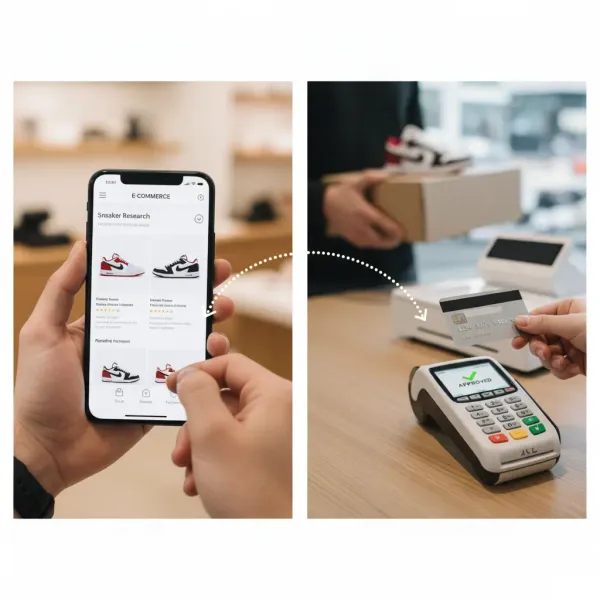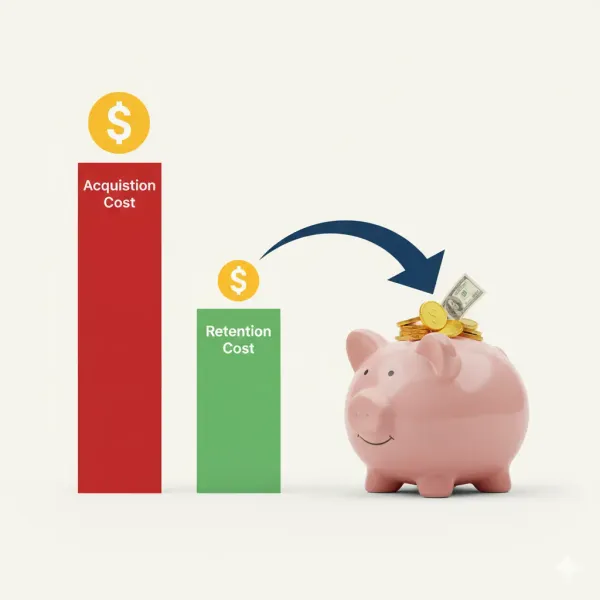Your Website's Information Architecture: A Quick Audit Questionnaire
This simple questionnaire is designed to help you think like a search engine crawler and identify potential areas for improvement in your website's structure. Answer the questions for your main website or for a specific section, like your blog or products.
Step 1: Laying the Foundation (Homepage & Main Categories)
- Is your homepage easy to understand at a glance?
- Yes: It clearly states who you are and what you do.
- No: It’s cluttered or confusing.
- Can a user (or crawler) get to your main product/service categories from the homepage with a single click?
- Yes: Your main navigation is clear and prominent.
- No: You have too many menus, or the links are buried.
- Do your main navigation links use simple, descriptive names?
- Yes: E.g., "Services," "Products," "Blog."
- No: E.g., "Our Stuff," "What We Do," or generic "Page 1."
Step 2: Building the Hierarchy (URL Structure & Content)
- Do your URLs follow a logical, hierarchical path?
- Yes: E.g.,
yourbusiness.com/services/web-design. - No: E.g.,
yourbusiness.com/page?id=123.
- Yes: E.g.,
- Does your website have clear "category" pages that group similar content?
- Yes: E.g., a "Men's Apparel" page that links to all relevant products.
- No: Products are all on a single, long page.
- Are your individual pages linked back up to their parent category pages?
- Yes: You use breadcrumbs (e.g., Home > Products > [Product Name]) or internal links at the bottom of the page.
- No: Pages exist in isolation without a clear path back up the hierarchy.
Step 3: Connecting the Dots (Internal Linking)
- Do you regularly link from your blog posts to relevant products or services?
- Yes: E.g., a post about "How to choose a coffee grinder" links to your coffee grinders in the shop.
- No: Your blog and product pages are completely separate.
- Do you link from your product or service pages to related, helpful content?
- Yes: E.g., a product page for a coffee grinder links to a blog post about how to clean it.
- No: You only link to other products.
- Are your most important pages linked to from multiple other pages on your site?
- Yes: Key pages (like your "Contact Us" or most important service page) are easy to find.
- No: They are only linked from a single location.
Step 4: Final Assessment & Action Plan
Tally your "No" answers. Each "No" is a potential point of friction for search engine crawlers and a missed opportunity for your Digital Marketing.
- 0-2 "No" Answers: Great job! Your site has a solid foundation. Focus on creating more high-quality content and building backlinks.
- 3-5 "No" Answers: You have some good bones, but there’s room for improvement. Prioritize fixing your URL structure and improving internal linking to pass authority more effectively throughout your site.
- 6+ "No" Answers: Your website's architecture is likely holding you back. Start with a comprehensive review of your site map and navigation. Restructuring these foundational elements will have a significant impact on your SEO best practices and website traffic.



